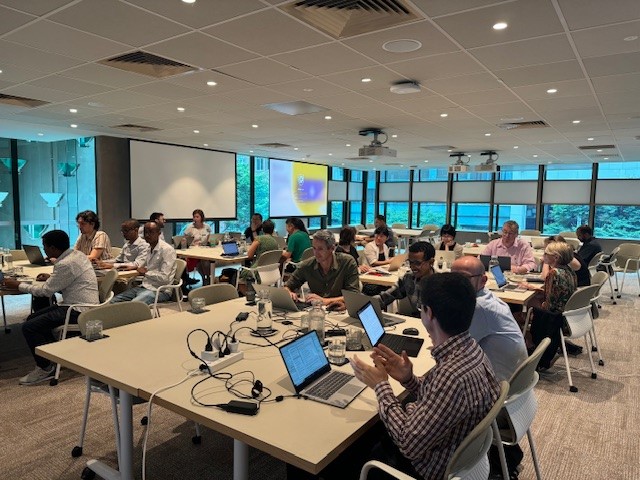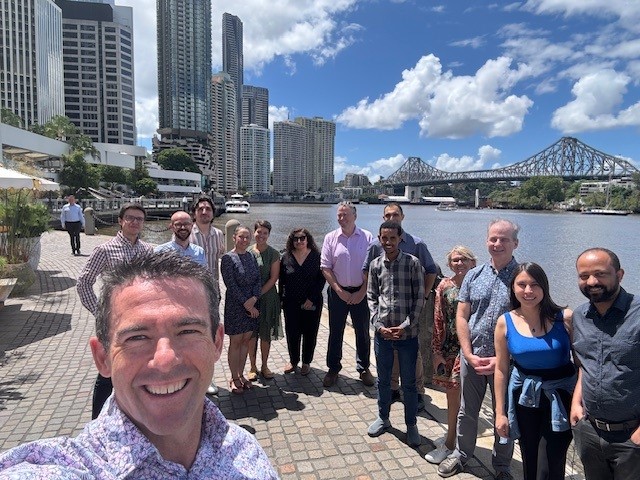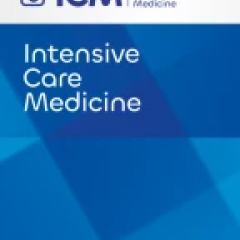The Centre for Research Excellence in Personalising antimicrobial dosing to reduce resistance (CRE RESPOND) recently held a highly successful international workshop, focused on pharmacokinetic modelling and dose optimization. Hosted at The University of Queensland's exquisite venue, The Atrium on Queen Street in Brisbane City, the three-day event brought together experts from around the world to delve into the intricacies of drug dosing and its impact on patient outcomes.
Participants representing a diverse array of disciplines including pharmacists, intensivists, pharmaceutical scientists, clinical pharmacologists, and infectious diseases physicians from 14 countries participated in this fourth iteration of the workshop. This diverse gathering facilitated a rich exchange of insights, experiences, and knowledge, fostering global collaboration in the field of pharmacokinetics.
Distinguished Guests
The workshop was privileged to host two distinguished experts:
- Professor Michael Neely (University of Southern California, USA): Professor Neely, a pioneer in pharmacokinetic modelling, is renowned for his pivotal contributions to the field, notably as the principal innovator behind the widely used software, Pmetrics. His groundbreaking work has significantly advanced our understanding of drug kinetics.
- Dr Julian Otalvaro: Dr Otalvaro, a leading software engineer, provided invaluable perspectives on the practical implementation of pharmacokinetic models. His expertise in software development and optimization proved instrumental for attendees seeking real-world applications of their theoretical knowledge.
Comprehensive Training 
The workshop provided a comprehensive training platform, covering fundamental aspects of pharmacokinetic modelling, from development to simulation. Key highlights included:
- Dosing Simulations: Participants gained practical hands-on experience in simulating drug dosing scenarios using various models.
- Bayesian Forecasting Techniques: The use of Bayesian methods for predicting drug concentrations and optimizing dosing regimens was a central focus of the workshop.
- Clinical Application: The workshop emphasized the practical application of pharmacokinetic models in real-world clinical settings, facilitating a seamless transition from theory to practice.
Beyond the enriching educational experience, the workshop facilitated networking and collaboration among participants, giving rise to innovative research ideas and leaving attendees with enhanced skills and knowledge applicable to their clinical practice.
This workshop marks the second event in CRE RESPOND's 2024 education program. As an organization committed to advancing clinical practice and scientific understanding, CRE RESPOND remains dedicated to providing essential, clinically focused events for clinicians, scientists, and policy-makers.
For more information about CRE RESPOND and upcoming events, please visit CRE RESPOND.
About CRE RESPOND: 
The Centre for Research Excellence in Personalising antimicrobial dosing to reduce resistance (CRE RESPOND) is a collaborative initiative aimed at improving the treatment of infectious diseases through research, education, and policy development. With a multidisciplinary approach, CRE RESPOND brings together experts from various fields to address critical challenges in infectious disease management.
For inquiries, please contact:
CRE RESPOND Email: cre.respond@uq.edu.au Phone: +61 7 3346 5045



